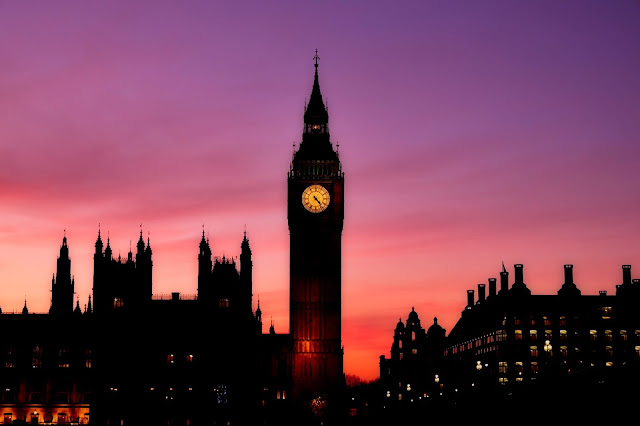Is ANZAC Day more impoertant than Christmas?

A piece of research by McCrindle asking ordinary Aussies this very question – which special day is the most important? And, to my surprise, 30% thought Anzac Day was. You may be relieved that for 37%, it was still Christmas. But not much in it. (The clear winner, for interest, with 48% of the vote, was Mother’s Day. I was entirely unaware that a huge proportion of the Aussie volunteers who sailed to fight in WWI were Christian believers and faithful churchgoers. Robert Linder’s book The Long Tragedy: Australian Evangelical Christians and the Great War, 1914-1918, examines the curious ‘airbrushing’ out of the religious beliefs of the ‘diggers’. Linder suggests that a disproportionate rate of enlistment by evangelical protestants points to as many as 40% of Aussie soldiers being from this one Christian tradition alone. Other historians suggest that these ‘wowsers’ (as they came to be known) made up around 50% or more of the Australian Imperial Force (AIF) during World War I. Austral...








